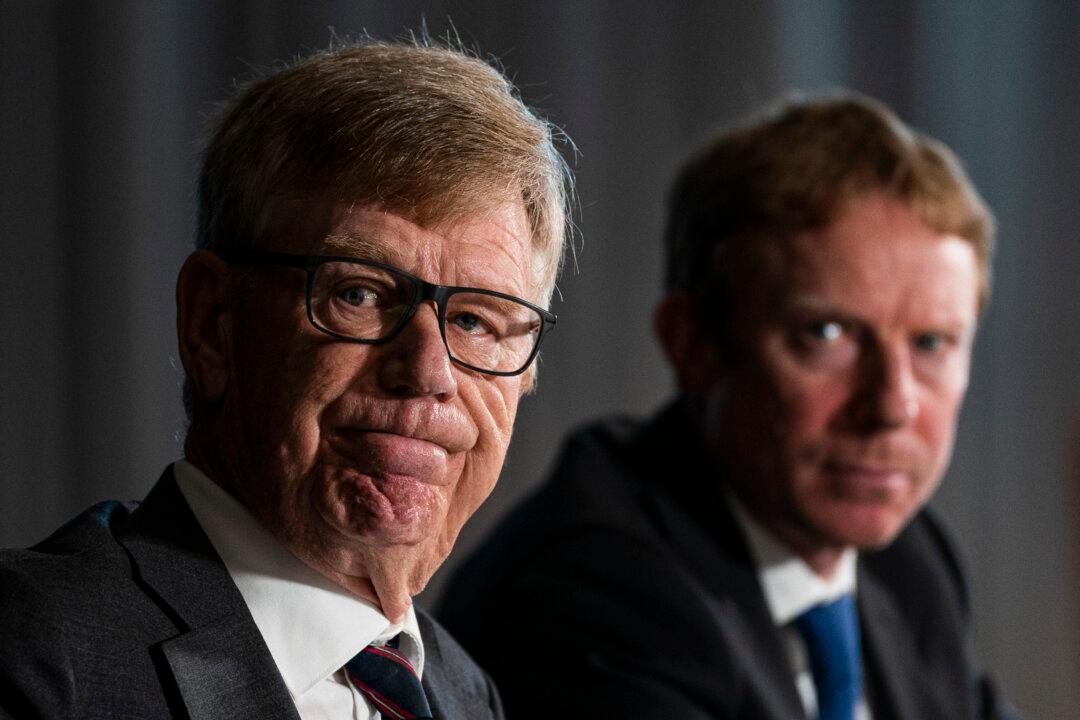Politicians could have done more to combat money laundering in British Columbia, says a much-anticipated report from a wide-ranging inquiry into the issue. The report, released on June 15, also recommends that the province set up its own money laundering intelligence and investigation unit rather than relying mostly on the federal agencies dedicated to the issue.
“Money laundering in the province’s casinos persisted over the tenures of multiple ministers responsible for gaming,” says the report compiled by former B.C. Supreme Court justice Austin Cullen.





